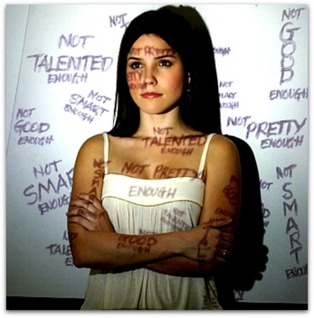
By Nyasha Dube – Welcome to yet another edition of Mental health and the COVID-19. Last week we talked about how the pandemic and lockdown have taken a toll on most of us. Many people struggled and are still struggling to adjust to the new normal and this has a bearing on one’s state of mind.
This is also the age when one feels like everything is happening all at once, we are talking about the quest to achieve your goals versus societal pressure and expectations. The country’s economy is not making the situation any easier and most young people are struggling to make ends meet.
This week we take a look at mental health from the perspective of a young woman and our guest is Ndanatsiwa Tagwirei who is in her mid twenties. She’s a journalist and was also forced to work from home like many.
Ndanatsiwa says the COVID-19 has negatively affected her mental health because of many reasons.
“The first cause is midlife crisis. When you reach a certain age as a woman you feel pressured to achieve this and that, but with the country’s economic situation you may find yourself still living in your parents’ house, without the independence you have always longed for,” she says.
She also says the African home setup is yet to accommodate mental health illnesses.
“You can’t talk of depression or anxiety in an African home or else you will be labelled lazy. Most parents also do not understand this working from home business and when you spend the whole day glued to your phone or laptop it becomes a problem because at the same time you are expected to perform house chores,” said Ndanatsiwa.
Ndanatsiwa also highlights the difference in treatment of the girl and boy child in most families.
“The way parents scold a girl child and always reference that she will have a problematic marriage just because she cannot do this or that, it ends up feeling like a girl is an accessory waiting to be sold. Sometimes you want to be independent but society labels you and say you are too old and should get married. As a young woman you end up depressed. That is not a good environment for a young woman. Some homes are no longer safe spaces but have become institutions that create a vicious cycle. Misunderstandings between parents are passed onto children, the cycle continues and it becomes a norm,” she said.
Social media pressure is also playing a part in fueling stress and depression amongst young women.
“For example on Instagram you see all sorts of lifestyles some of which are not real. This makes some feel insecure about themselves. Flooding of information on social media is also worsening the situation,” says Ndanatsiwa.
She says there’s need for friendship benches in different parts of the country to help people with mental health challenges, especially young women.
“If these issues are ignored they will cause serious harm to the mental state of most young women,” she said.